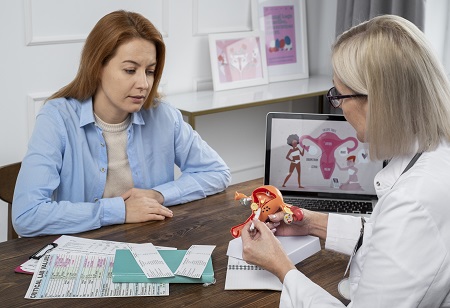India Pharma Outlook Team | Monday, 04 March 2024

In a major move to improve the accuracy and accessibility of breast cancer screening in India, Indira IVF has partnered with BD SurePath. The goal of this collaboration is to contribute to improving patient care in the country through new liquid PAP cytology tests. This test will significantly increase the detection rate of breast cancer, which can be treated and prevented in time.
Linkage cancer is the second most common cancer. Cancer among women in India kills about 77,348 women every year. With 123,907 new cases reported each year, exposure is a major factor in its severity as a public health problem. Lack of access to advanced treatment technologies has resulted in many women being diagnosed later and suffering adverse outcomes. This strategic partnership will increase the availability of this advanced test at all Indira PathLabs centers.
This Pap DTS test will be performed using the Pick, Drop, and Release method, resulting in 100% testing of collected specimens. In the laboratory. It eliminates the risk of losing diagnostic cells during transport, a common inefficiency of conventional methods that yield up to 37% of samples through the "wash and rinse" method. In addition, the innovative technology improves the laboratory's ability to produce thinner film layers for more accurate results.
Dr. "In India, the death rate from breast cancer is eight times higher than in developed countries, but there is very little awareness and access to advanced diagnostics," said Kshitiz Murdia, founder and CEO of Indira IVF. With technologies showing amazing results in patient care and early detection of deadly diseases, we believe these technologies will bring unprecedented success to breast cancer diagnosis in our society. The experience and knowledge of our doctors, and the sophistication of these technologies, allow us to expand our services beyond simple treatment for patients' lives."
The human papillomavirus (HPV) is the leading cause of cervical cancer. Screening is important for early detection and prevention. The Federation of Obstetrics and Gynecology Societies of India (FOGSI) recommends starting cervical cancer screening at age 25 in high-resource areas and 30 in low-resource areas.